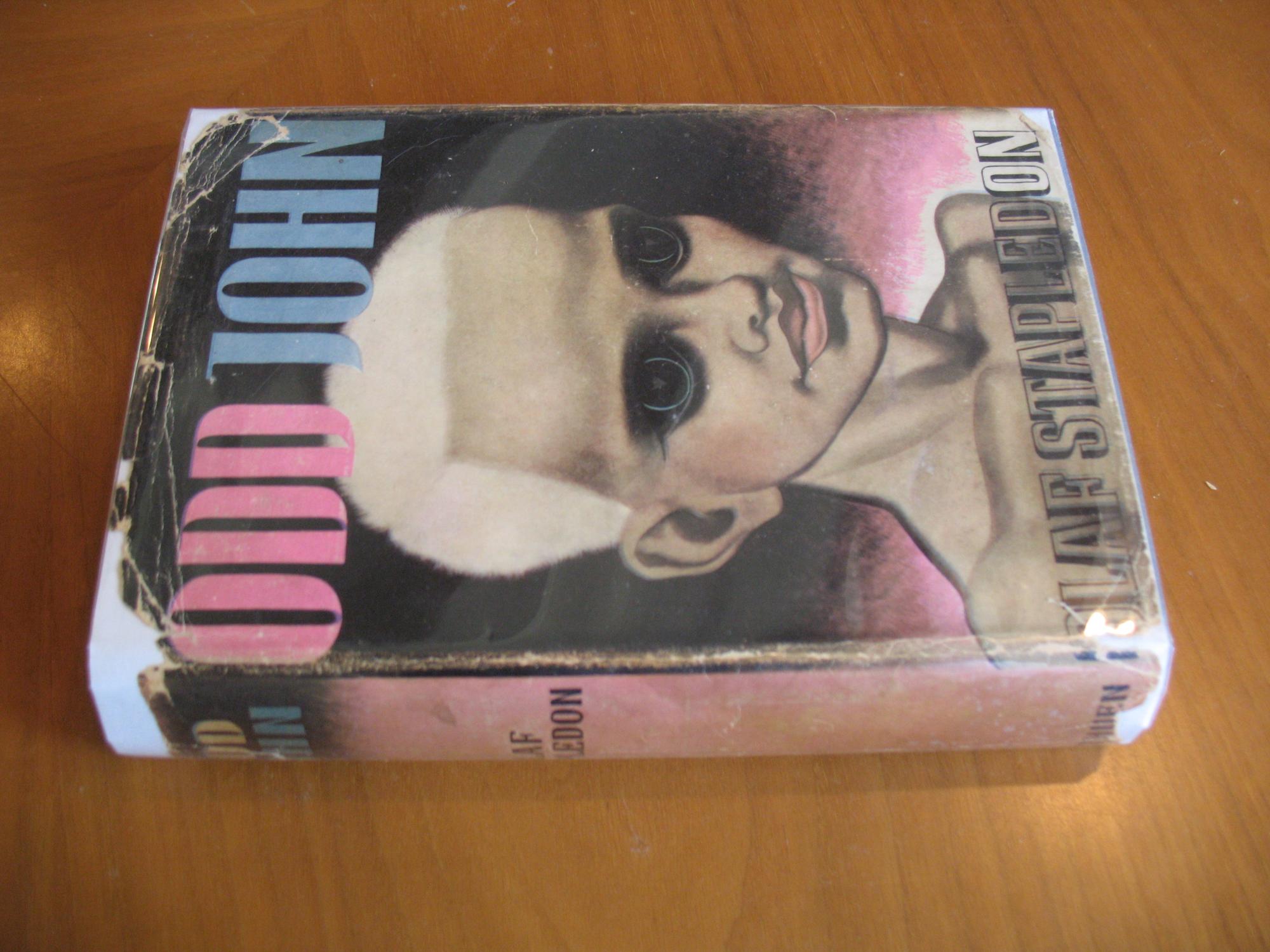


Stapledon, however, goes back to first principles, and asks what a superhero might find to do that wasn't essentially just rescuing mice. Now, if we take the superhero idea seriously for even ten seconds, why ever should this godlike creature think that his top priority is to rescue beings who are, to him, about as significant as mice are to us? I mean, even though your average human could probably save a whole lot of mice if he put his mind to it, you find that that's an unusual career choice. Most superhero scenarios, starting with Superman, take it for granted that the guy will spend most of his time acting as a kind of elite first responder service, cleaning up or preventing the more challenging train crashes, armed robberies, earthquakes and so on. It has always surprised me that this book isn't better known. Not your run-of-the-mill superhero story, which may have had something to do with the fact that Stapledon wasn't a typical person to be writing a superhero story in the first place he was a Professor of Philosophy, and apparently a friend of both Virginia Woolf and Winston Churchill.


 0 kommentar(er)
0 kommentar(er)
